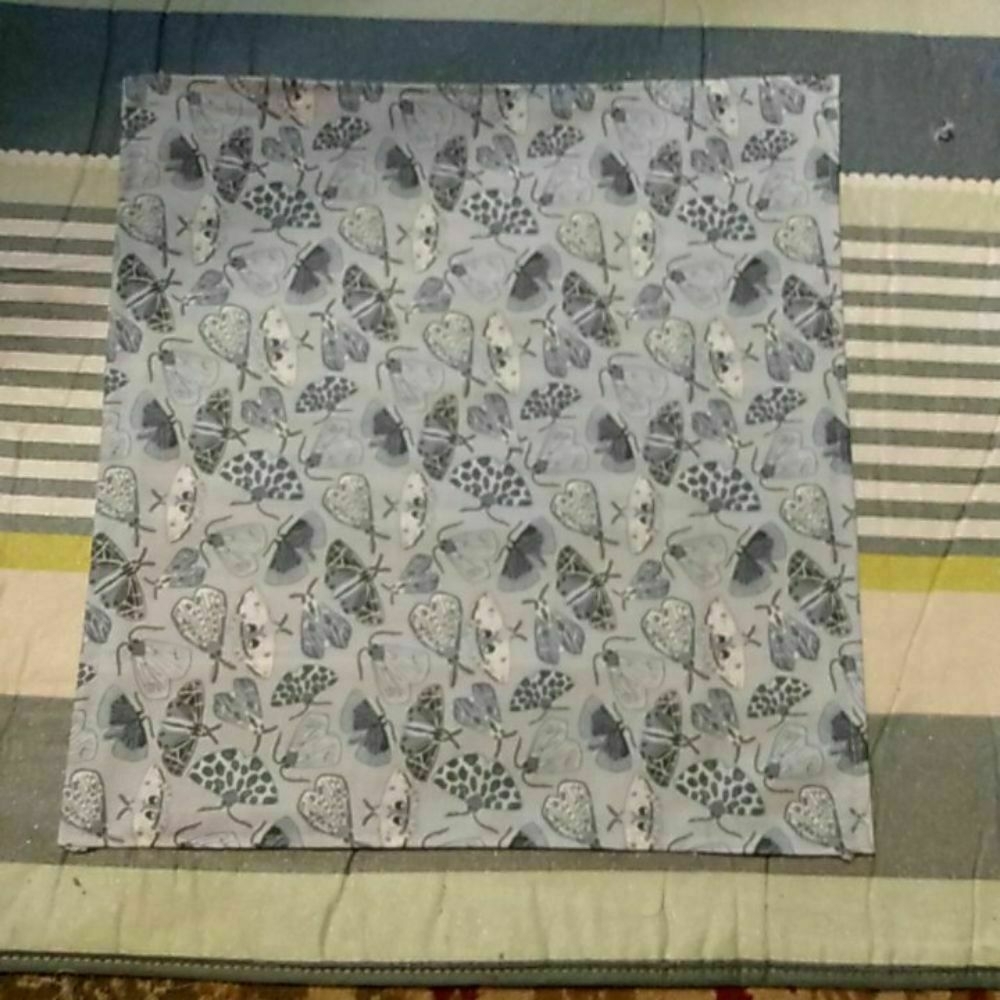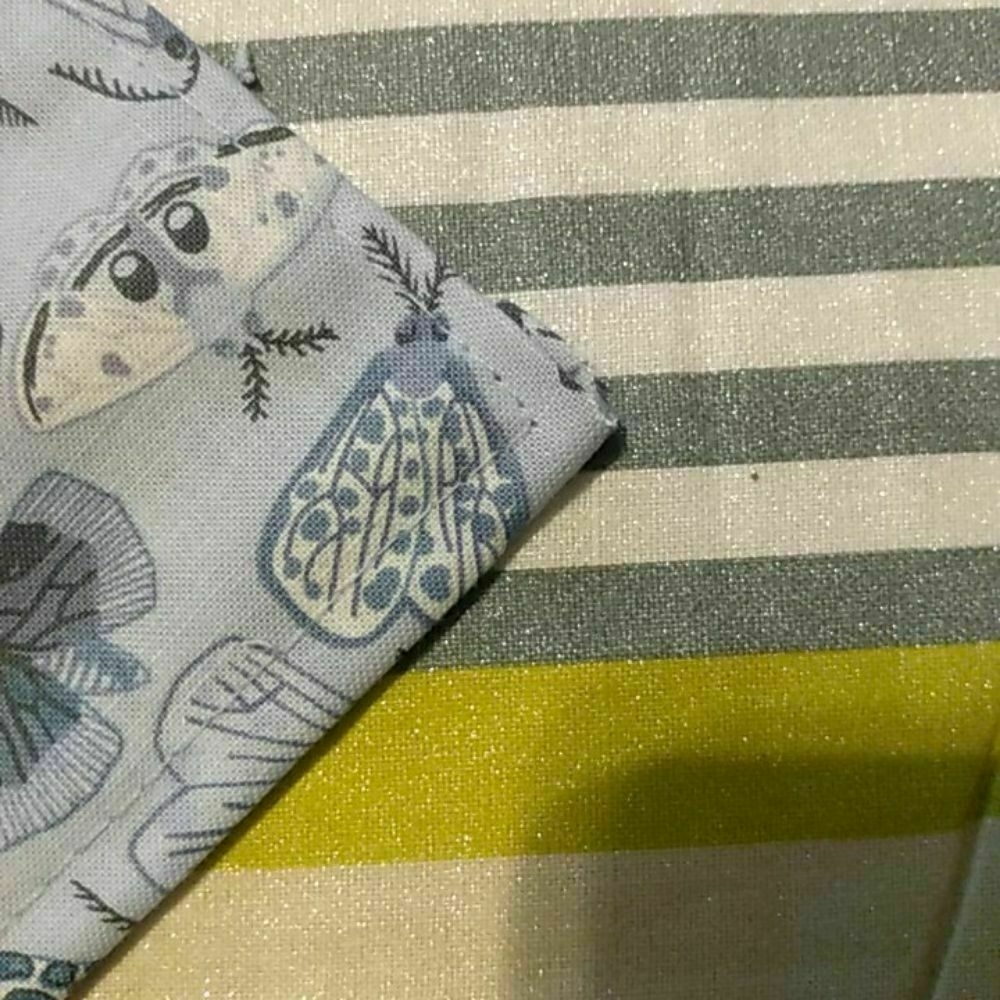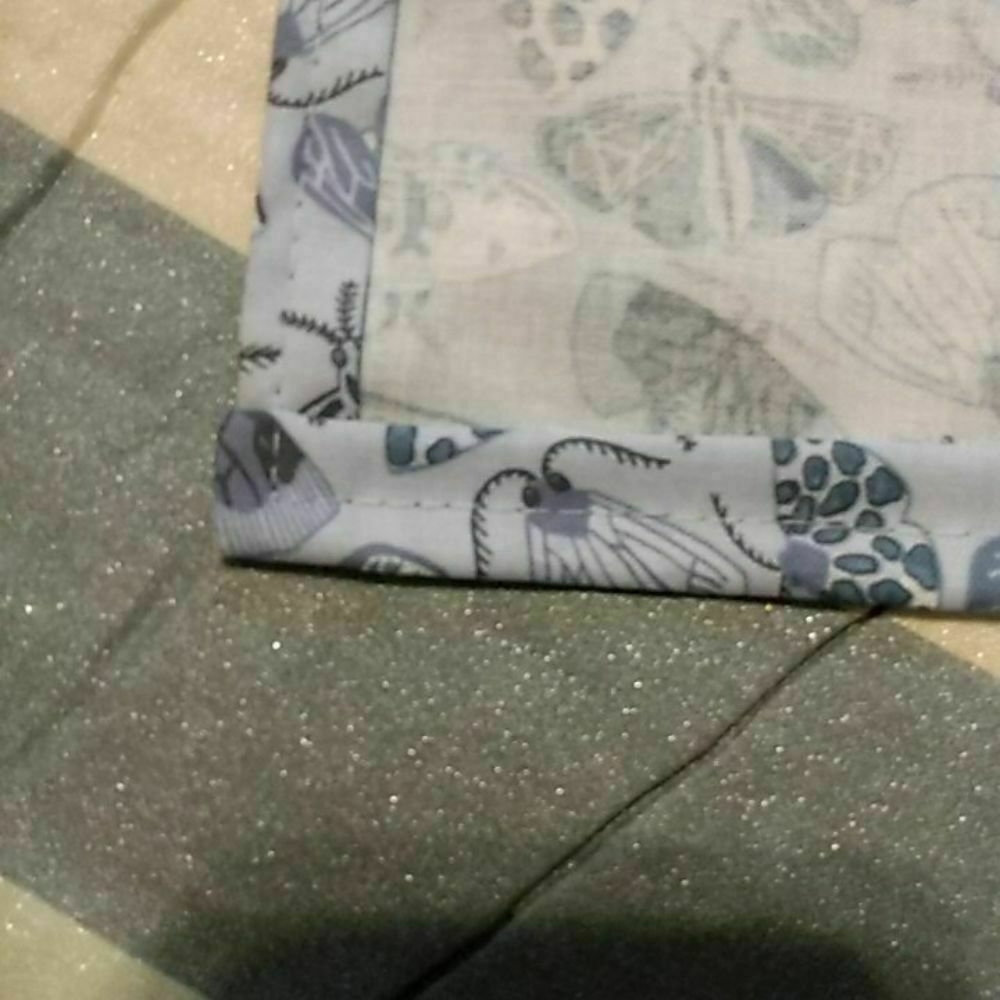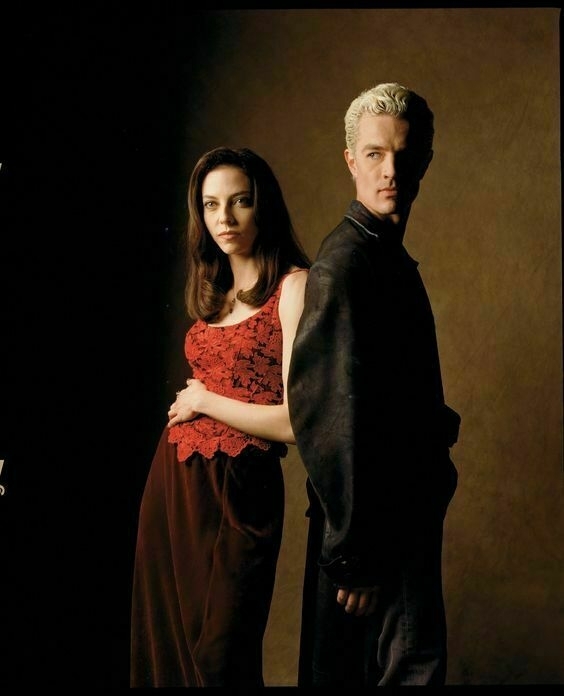I have a friend who is due to have a baby in January. I offered to write up a bunch of notes for her and realized it would make a pretty good blog post, so here we are.
Make a list ahead of time of ways to help. You won’t want to think about it once the baby’s born. Share the list with people who you think will want to help. (I just put out a call on Facebook asking for who wanted this information.) If someone offers to make a meal train or whatever for you, take them up on it, but you don’t have to wait for an offer. You can do it for yourself.
If you’ve got the money and a place nearby that makes prepared meals, do this for the first couple weeks. It’s amazing.
Stock up on easy snacks. If you’re nursing, you will need to eat all the time. Get a giant straw cup to drink water from. My doulas recommend a giant Bubba Bottle.
Populate your streaming services with queues of everything you’ve been meaning to watch. Again, if you’re nursing, there will be cluster feeding nights when streaming this stuff will save your sanity, and you don’t want to pick which thing to watch in the moment.
Read these books:
Get the latest edition of Baby Bargains and use it as reference material.
If swaddling seems like a real challenge, try a Miracle Blanket. They don’t work for everybody but if they work for you, they are the best thing ever.
If you’re nursing, get a My Brest Friend pillow. So much better than a Boppy or whatever.
If you have the energy, try to assert your needs to family that wants to hang out with the baby. You might find it a huge relief to have the baby taken away for a while but you might find it really upsetting. Communicate with people about what you’re feeling. I was not good about this. I wish I had been. The first few weeks would have been happier if I had.
Remember that Boppy that isn’t super helpful for breastfeeding? It’s actually a great pillow for keeping your genitals and butt from having to touch real furniture. If you have a vaginal delivery, those parts of you will hurt. Not putting them on real furniture and instead having them propped up with a pillow with a hole in the middle will spare you a lot of crying in pain. Sit on the Boppy.
Learn to use a baby carrier ASAP. YouTube is your friend for this. In fact, YouTube is now your co-parent. Go to it whenever you can’t figure out what instructions are telling you to do. Including for the Miracle Blanket.
Don’t go to YouTube for hand expressing milk advice, though, because it will show you things that are more designed to turn people on than to educate them, and that’s not helpful. (Unless that’s what you’re into, in which case it might be helpful. But I found medical information about this much more helpful.)
Seriously, though, learn to use that carrier because then you will be able to use your hands for things like feeding yourself.
Your baby will hate tummy time. (Learn what tummy time is if you don’t know yet.) If your baby cannot handle it without misery, try rolling up a little receiving blanket and propping it under baby’s armpits. This turned tummy time from hated time to happy time in our house.
Try to remember that this is a temporary time. You are becoming a new version of yourself. You don’t know what this version of yourself will like or care about. You will probably have an identity crisis. Becoming a parent is a lifestage not unlike adolescence, especially if you’re the birthing parent with all the hormones that come with that. (People use the term “matrescence” to refer to becoming a mother. I don’t think there is a similar gender-neutral or non-binary term, and I suppose maybe somebody uses “patrescence” to refer to becoming a father, but I haven’t heard it.) It’s okay if you don’t know who you are right now but I promise you are other things as well as a caregiver. Caregiver is just taking priority right now.
When you feel like you’re doing it all wrong and you’re the worst parent ever, get quiet and check in with your intuition. If you’re like me, it will tell you what to do.
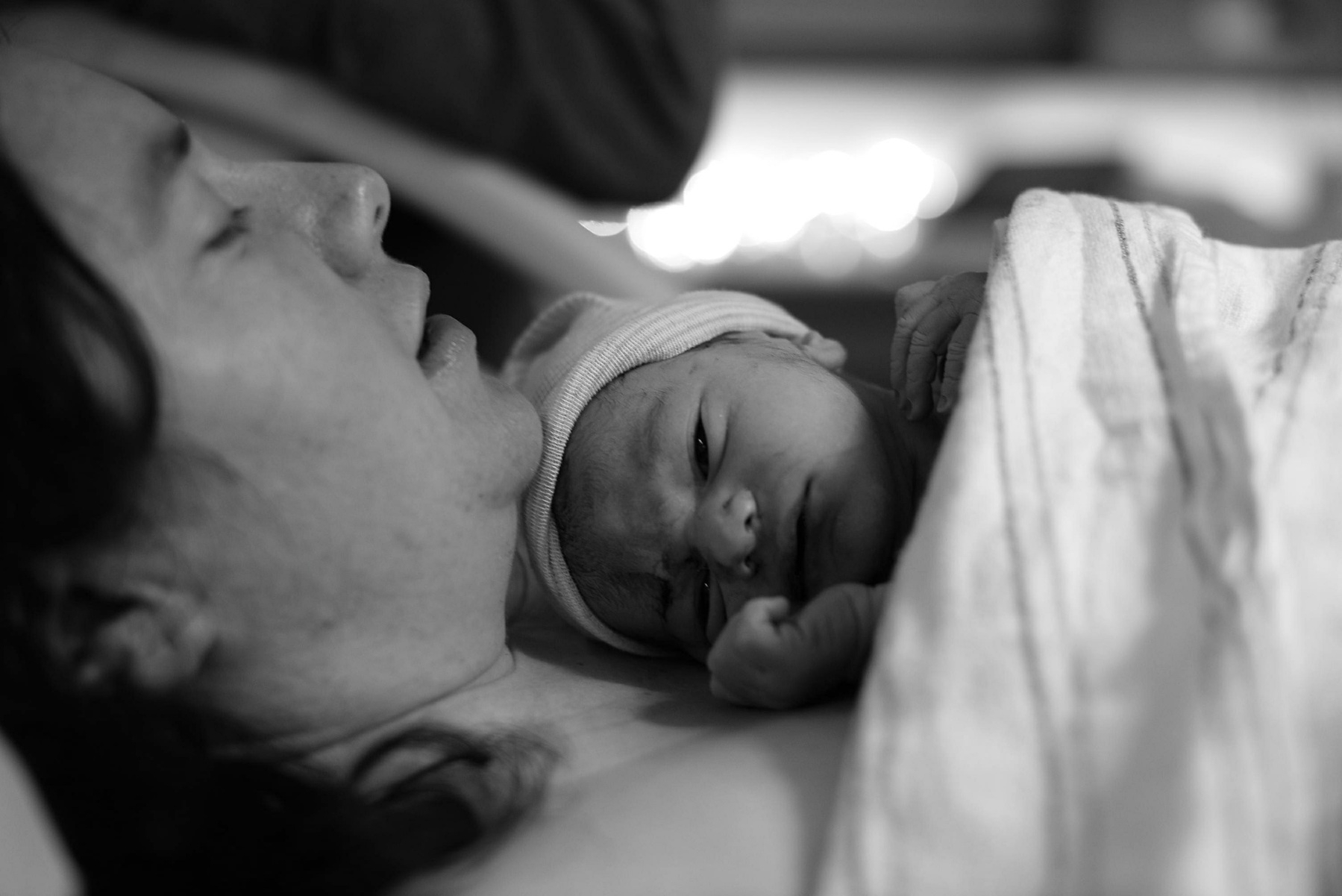
Many thanks to my friend Monica, everybody at Emerald Doulas, and Victoria Facelli for all the things they taught me that contributed to my ability to write this post.

